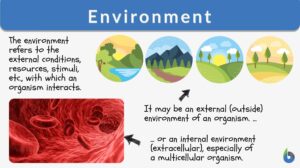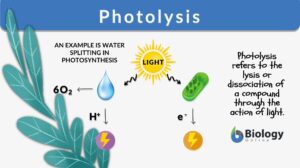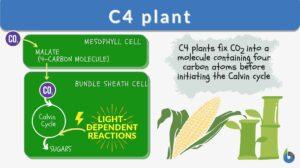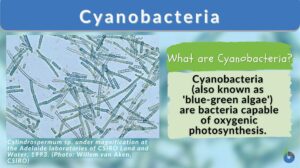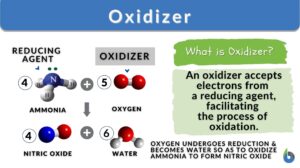Search Results for: atmospheric
Environment
Environment Definition What does environment mean? If you mean physical environment, then it is defined as the surrounding... Read More
Respiration
Organization of the Respiratory System Each lung is composed of air sacs called alveoli - the sites of gas exchange with... Read More
Plant Metabolism
Introduction Plants are responsible for incredible feats of molecular transformation. The processes are always being... Read More
Photolysis
Photolysis Definition We define photolysis as a chemical process in which chemical compounds or molecules are split into... Read More
Diazotroph
Definition noun, plural: diazotrophs A microorganism capable of assimilating and fixing atmospheric nitrogen... Read More
Ventilation
Ventilation Definition Often when persons think of ventilation, they think of getting clean or enough air into a room. This... Read More
Abiotic Fixation
Definition noun It is part in nitrogen cycle wherein atmospheric nitrogen fixation carries out non-living components to... Read More
Great Oxygenation Event
Great Oxygenation Event Definition The Great Oxygenation Event is defined as the surge of dioxygen (O2) levels in the... Read More
Calvin cycle
Calvin Cycle Definition The Calvin cycle, also known as the Calvin Benson cycle or the dark reactions, is a series of... Read More
Elastic cartilage
The cartilage is a connective tissue characterized by having an extracellular matrix that is abundant in chondroitin sulfate... Read More
Cyanobacteria
Cyanobacteria Definition Cyanobacteria is a group of photosynthetic bacteria widely distributed in various aquatic habitats... Read More
Residual volume
Residual volume is a term that is most often seen in lung physiology where it is defined as the amount of air remaining in... Read More
Microalgae
Microalgae Definition Microalgae (singular: microalga) are microscopic algal species as opposed to other algae that are... Read More
Photosynthesis
Photosynthesis is a physio-chemical process carried out by photo-auto-lithotrophs by converting light energy into chemical... Read More
Endosymbiotic theory
A eukaryotic cell is distinct from a prokaryotic cell by the presence of membrane-bound cellular structures called... Read More
Methanotroph
Definition noun, plural: methanotrophs An organism that metabolize methane as a source of carbon and... Read More
Greenhouse gas
Definition noun Any of the atmospheric gases responsible for the greenhouse effect. Supplement Examples of greenhouse gases... Read More
Streptolysin S
Definition noun A nonantigenic, oxygen-stable β-hemolytic enzyme produced by some bacteria, especially... Read More
Denitrification
The conversion of nitrates into nitrogen gas which is then released into the atmosphere. This is caused by bacteria and how... Read More
Global warming
Definition' noun The recent increase in the Earth's average atmospheric temperature due to an increase in the levels of... Read More
Microaerophile
Definition noun, plural: microaerophiles An organism that lives in environment that only has a low level of... Read More
Facultative anaerobe
Facultative Anaerobe Definition What does facultative anaerobe mean? Facultative organisms are the most adaptable... Read More
Biotic factor
Biotic Factor Definition A biotic factor is the living component in an ecosystem. The term "biotic" means "of or related... Read More
Endosymbiosis
Definition noun A symbiosis wherein the symbiont lives within the body of its host Supplement Symbiosis pertains to a close... Read More
Primary productivity
Planet Earth is home to different types of life forms ranging from microscopic bacteria to giant whales and elephants. To... Read More
Obligate anaerobe
Definition noun An anaerobe that does not require oxygen and lives only in anaerobic environment. Supplement Exposure to... Read More

